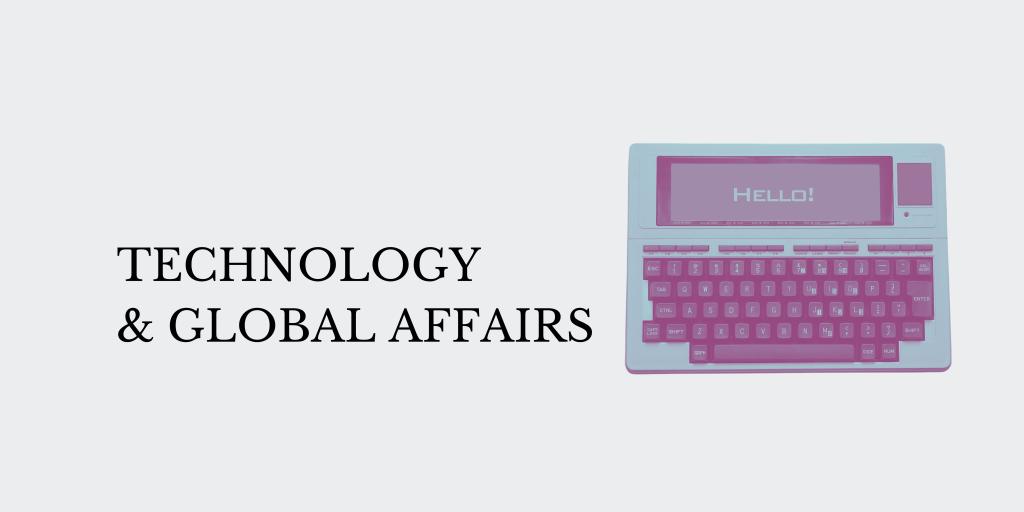What do you consider to be disinformation? How do you make the decision to keep content online or not?
The Tech Hub Digital Skills and Literacy workshops prepare students and researchers for the future by helping them develop the skills and critical thinking they need to navigate a rapidly changing technological environment.
Social media and politics have never been closer. The attacks on the US Capitol and the Brazilian Congress and Supreme Court this year are two examples of how social media can be used to spread false information, hate speech, and extremist ideologies. Online platforms such as Facebook, Twitter, Whatsapp, and Telegram have become a place for anti-democratic movements to organize events and rallies, coordinate their actions, and spread their message beyond traditional media channels. In this scenario, how can we ensure that the Internet is a safe place?
In this workshop we will approach this question from the perspective of content moderation. Divided into two parts, we will first invite participants to become content moderators in a hands-on critical exercise. Divided into groups, participants will work with a collection of posts that have been removed by platforms or flagged by users for anti-democratic behavior. They will collectively decide whether the content should remain online on the platform or not.
This will be followed by a collective discussion where they can express their views and explore their agreements and/or disagreements. Through these engagements, we will explore the controversies and questions that arise from the collective exercise and encourage critical reflection on the role of social media, artificial intelligence, and content moderation for democratic governance.
You will find more information on all tech-related courses, projects and news at the Institute here.




